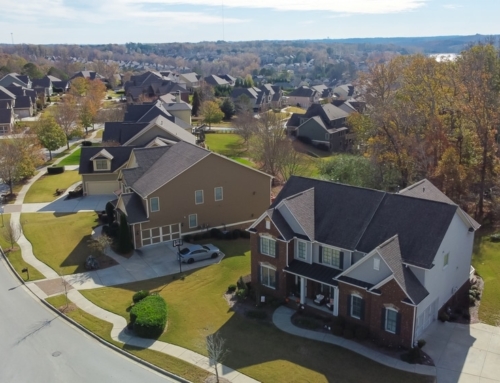Q: When I purchased my property in 1990, I found out that there was an easement on the property allowing the neighbor to share a gravel driveway.
The agreement provided that the other property owner was to share the cost of maintaining the driveway.
My neighbor rents his property and refused to reimburse me for the cost of maintaining the driveway. About five years ago, I demanded payment but was never paid. I informed the other owner of the neighboring property that if I did not receive reimbursement, I would not allow his tenants to park on my portion of the driveway.
After awhile, I replaced the gravel driveway with concrete and put up a fence on my property bordering the neighbor’s portion of the driveway. Last year my neighbor informed me that he was selling his property and that I had to let the new owner use the driveway. This new neighbor is demanding use of my property for parking. The new owner is also an investor and will be leasing his property to renters.
I have spent thousands of dollars maintaining and renovating the property without the assistance of the other owner and would like to know what my rights are for having the monies for the work reimbursed if I decide to grant parking on my property?
A: You have a great case that the neighbor may have forfeited his rights to the easement as a result of his failure to abide by the terms of the agreement. But there are a number of obstacles in front of you before you can claim that the easement is null and void.
The easement that affects your property allows your neighbor to use a portion of your land as a driveway. It also provides for your neighbor to park his cars on a portion of your land. However, as a condition to the continued use of the easement, your neighbor has a duty to abide by the terms of the easement.
One of those conditions is to share in the cost of the maintenance of the driveway. You need to obtain a copy of the recorded easement to review the terms that it contains. The easement may provide for you to give written notice of a failure to abide by the terms of the easement before you would have the right to cancel it.
You need to make sure that you have abided by all of the terms specified in the easement document before you can claim that the easement has been terminated. Furthermore, you might have been required to take legal action to force your neighbor to pay up or lose his rights to the easement.
Easement agreements are not easily terminated. An easement can terminate by mutual agreement, by one party ceasing to use the easement for an extended period of time (in some cases twenty years), or by one party’s default under the easement terms.
You don’t have your neighbor’s agreement to terminate the easement and the length of time that your neighbor hasn’t used the parking area but continued to use the drive would not terminate the easement. You are left with the issue as to whether the neighbor’s failure to live up to the terms and conditions terminates the easement.
To effectively terminate the easement, you would have to sue the neighbor or prevent the neighbor from continued use of the easement. In either case, the judge presiding in your case would issue a ruling canceling the easement agreement.
Even if the easement is canceled, you’re going to have a problem collecting money from the neighbor for repairs going back fifteen years. You might have needed to file suit against your neighbor to collect the money or if the easement agreement allowed it, to file a lien against your neighbor’s property for money that was unpaid.
Because you didn’t file suit or file a lien against the property, the new owner may not have proper notice that money is owed to you. While the fence would give him an indication that there is a dispute relating to the easement, it did not give him notice that his seller owed you money. This technicality may prove costly to you.
You need to talk to a real estate attorney who can review the easement agreement with you and then determine how to proceed. You may want to try negotiating a settlement with the new owner, which may prove less costly and time-consuming than litigating this case.
Finally, if you improved the gravel driveway to a concrete driveway and the easement agreement only provided that the neighbor would contribute towards the upkeep of the gravel driveway, you may not be able to recover some or any of the cost of installing it.
Published: Jul 10, 2006






Leave A Comment